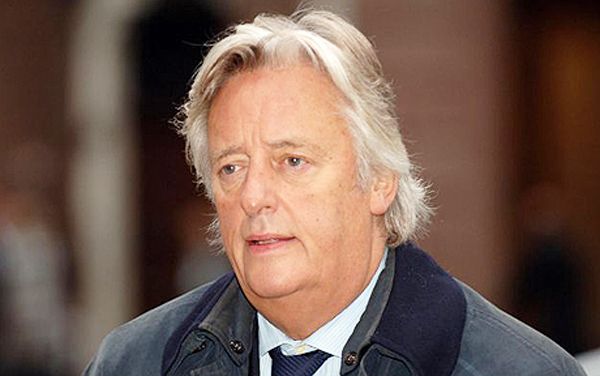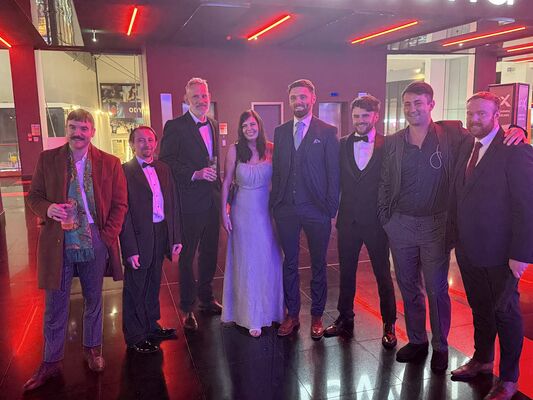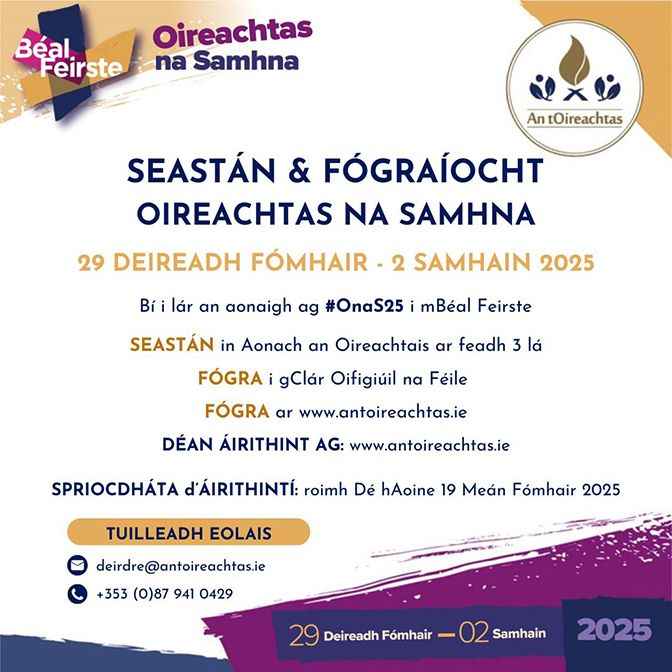AN Independent Panel of Inquiry which has been established to investigate the circumstances of the Falls Curfew in July 1970 will convene on Friday.
Between July 3 and 5 1970, the British Army imposed a 36-hour curfew on the Falls Road during which four civilians were killed. The victims were Zbigniew Uglik (21), William Burns (54), Patrick Elliman (62) and Charles O’Neill (36).
During the operation British soldiers ransacked hundreds of homes and injured a further 78 people. Three hundred and thirty-seven people were arrested.
More than five decades later, the families of those who died continue to seek answers and accountability for the loss of their loved ones.
In pursuit of truth and justice, an Independent Panel of Inquiry will be chaired by Michael Mansfield KC, a distinguished barrister known for his commitment to human rights and social justice.
On Friday morning at 10.30am at St Comgall's, Michael Mansfield KC will deliver an opening address and the families of Charles O’Neill, William Burns, Patrick Elliman and Zbigniew Uglik, who were killed in the period in and around the curfew, will read pen portraits of their loved ones.
Also part of the panel will be Mariela Kohon has extensive experience working with victims of human rights abuses and Mark Bassett BL, a barrister in independent practice since 2010.
The Panel of Inquiry will receive and consider documentary evidence relating to the curfew, some of which was published at the time and some documents which are state records and have become available from the Public Records Office. It will consider inquest findings and statements made to inquests; reports of legacy investigations into some of the deaths including by the Historical Enquiries Team (HET) of the PSNI; as well as academic and historical research on the curfew.
The panel will also hear oral evidence from those who were present during the curfew. This may be the first time many of those persons are afforded the chance to provide an account of what it was like under military curfew.
The panel will benefit from expert evidence which has been commissioned by Ó Muirigh Solicitors – this includes engineering evidence relating to the geography of the Lower Falls at the time; assistance to understand historical records including British Army logs; assistance to understand the manner of HET investigation and the documents available to those investigators. Further, a ballistic expert will review the ballistic evidence in the case.
The Panel of Inquiry will consider and hear evidence on:
- The legal basis, or absence of legal basis, for the curfew by examination of the common law and the Civil Authorities (Special Powers) Act (1922).
- The location and for what duration did the curfew operated as well as the circumstances in which the curfew ceased.
- The circumstances of the many hundreds of arrests and examine what outcomes were produced in the criminal justice process.
- The impact on the civil rights of the residents of the affected area by the imposition of the declaration of curfew.
- the circumstances in which William Burns, Patrick Elliman, Zbigniew Uglik, Charles O’Neill died.
- Whether the State conducted an effective investigation of the lawfulness of the deprivation of life.
Solicitor Pádraig Ó Muirigh said: "The Panel of Inquiry seeks to adopt a comparable model used in previous community inquiries such as New Lodge Six Inquiry in 2003.
"The Panel will convene again on numerous dates in November and December this year and we will call witnesses to the events of the curfew and hear evidence from various forensic experts.
"This community was subjected to what appears to be a uniquely oppressive experience. No other military curfew was imposed during the course of the conflict anywhere else, regardless of the level of disorder which prevailed.
"Those who appear before this panel will get the chance to tell their story. They will, often for the first time, get the opportunity to provide their account of what they and their community were subjected to during this curfew. The Panel will also hear from the women of the Falls who played a key role in ending the curfew.
"At the present time the legacy structures are completely uncertain. The right to an effective investigation of a death by the state which adheres to the standards of independence, adequacy and effectiveness is not guaranteed in practice here. Dozens of deaths remain uninvestigated at all whilst others that have commenced have been delayed or derailed following assertions of UK national security.
"Any prospect of effective criminal investigation of the acts of the British Army during the Fals Curfew is, at this stage, unlikely. The prospect of a new inquest for these families is closed and unlikely to return.
"It is in this context that the panel commences its work and hopes to secure the assistance of all those who can contribute to delivering an account of what happened between the 3-5 July on the Falls Road and why."
Friday's hearing will be open to the public. The hearing room will be open from 9.45am.






